Primary factors to keep in mind before opting for Voluntary GST registration
Introduction
Goods and services tax is a single, consumption-based tax applicable on sale, manufacturing, and trade of goods and services. A business exceeding the turnover of Rs 20 lakh in a financial year (Rs 10 lakh for North Eastern and hill states) is eligible to get GST registration.
Many businesses opt for voluntary GST registration in India to overcome the lapses of the composition scheme. A business having an annual turnover of less than ₹20 lakh can opt for a voluntary GST filing to claim the Input Tax Credit and expand business opportunities. The new GST regime requires both – business units and dealers, to be GST compliant.
A GST compliant company/individual is preferred over the non-compliant as it is easy and profitable. This article throws light on the concept of voluntary GST registration online along with its pros and cons.
The concept of Input Tax Credit is such that the seller can deduct the tax that is already paid on the raw materials only if both the dealers and business are registered under the GST. Hence, this makes the voluntary registration a pre-requisite for certain kinds of businesses.
For example;
If a person is a chocolate manufacturer:
The Tax he has to pay on the final product = ₹500
The Tax he has paid on the raw materials he purchased = ₹200
The Input Tax Credit he can claim = ₹200
The Tax he has to pay = ₹300
Things to ask yourself as an applicant before applying:
1. Am I eligible to register under the voluntary registration and how do I maximize my profitability by doing so?
Voluntary filing helps in curbing the shortcomings of the composite scheme. To check your eligibility, your buyers and sellers must be compliant. Only such a condition will avail you the right under ITC rule otherwise,it may well become a burden more than a boon.
A business may apply for the registration on a voluntary basis if it satisfies any of the following:
- If they are Casual taxable persons
- Person engaged in the business of supplying taxable and non-taxable goods and/or services outside the state and the aggregate turnover of taxable goods is less than 20 lakh.
- A person is involved in the business of supplying non-taxable goods and also exporting some taxable goods. Must have the aggregate turnover of less than 20 lakh.
- Persons who are required to pay tax under reverse charge.
2. Is the registration permanent?
No, voluntary registration can be cancelled after one year by the applicant. However, if one does not start the business within the 6 months from the date of registration, it would be canceled. This is done by the government officials either by the applicants’ request or a legal heirs’ request.
Benefits
Small and medium-sized enterprises opt for this registration since it gets easier for them to attract more customers and makes inter-state trading simple.
The following are the primary benefits:
Customers get Input Tax Credit
This gives a great opportunity to increase the customer base as the buyers will now receive a tax bill on which they can claim the Input Tax Credit. Only registered dealers can provide tax bill to the customers which they can use to further claim their ITC.
Increases business margins
The dealers themselves will be able to avail Input Tax Credit on the purchases they make. Hence it will ultimately increase their profits.
Smooth Interstate trade
The registration opens many avenues to expand the business. Restrictions on inter-state trade are curbed. Small and medium-sized enterprises can sell their products online and reach out to more people.
Improves your rating
Being compliant increases your GST compliant rating that benefits you in claiming refunds makes it easy to get loans, etc. The higher the return the better it is as this will help you attract more business.
Disadvantages
Multiple return filing
A business needs to file approximately 37 returns in total depending on the annual turnover. If the turnover is less than the prescribed limit, one can file the returns quarterly. Otherwise, there are 3 returns to file every month. Failure to do so will lead to a penalty and rejection to the Input Tax Credit.
Multiple Registrations
Another issue lies in claiming the Input Tax Credit is that one needs to file the returns from every state where the business unit is present. A separate GST registration is mandatory in all the states where the business is operational. This eventually shoots up the compliance cost.
Tax liability
The rules and regulations remain the same as of the general GST registrant. An extra responsibility of collecting and depositing the tax will be on the individual. This increases the selling price while affecting the other non- compliant dealers.
Penalties
Failing to execute any of the compliances will attract heavy penalties.
Increases the compliance and maintenance cost
There is an evident rise in the maintenance cost as there exist plenty of compliances to deal with. Appointing experts to aid in fulfilling the GST compliances will add to the expense.
Conclusion
Voluntary GST registration opens many avenues for businesses to expand notably in the small and medium enterprise sector. It enhances the reliability of the company. The businesses with stricter compliances model help in keeping the company’s management and operations in check.
LegalWiz.in is a premier online service provide that serve the consumers at PAN India level with the aim to provide simple, transparent and affordable services. A qualified team of experienced professionals – CA, CS and Lawyers assist the business from business set-up, registrations and its protections.
If you are looking forward to business set-up or business registrations including GST registrations, our team of experts is reachable at support@legalwiz.in.

Kahini Jhaveri
Kahini Jhaveri is an IP specialist at LegalWiz.in, with a keen interest in content creation. She holds a B.A. LLB honours from Institute of Law, Nirma University, Ahmedabad. Kahini specializes in Intellectual Properties, specifically Trademark Law.
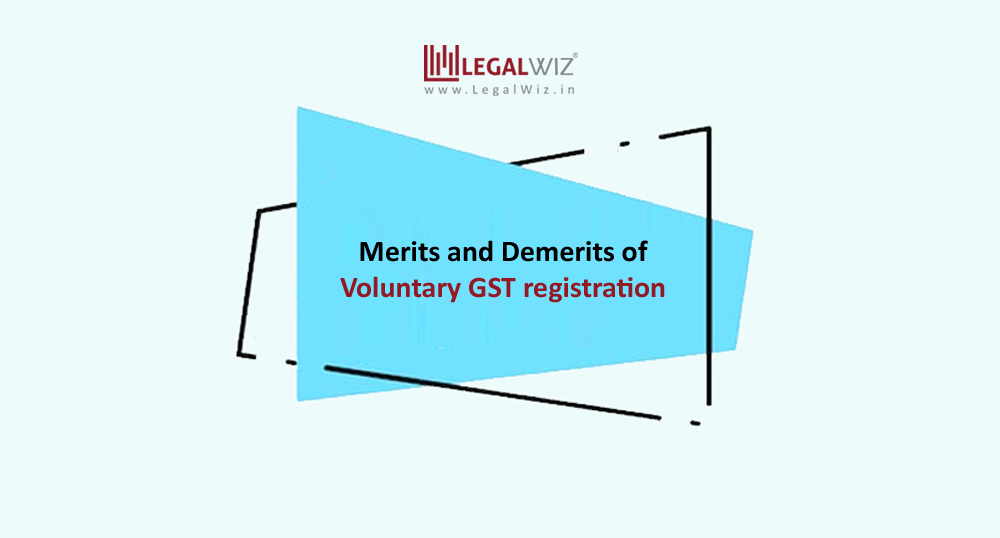
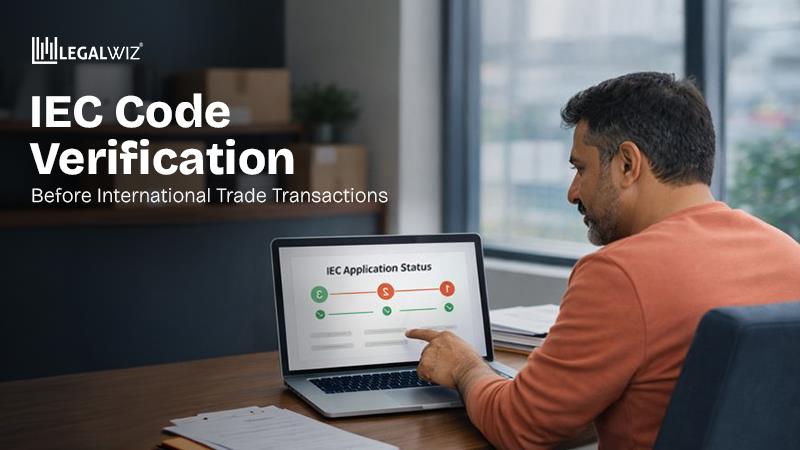
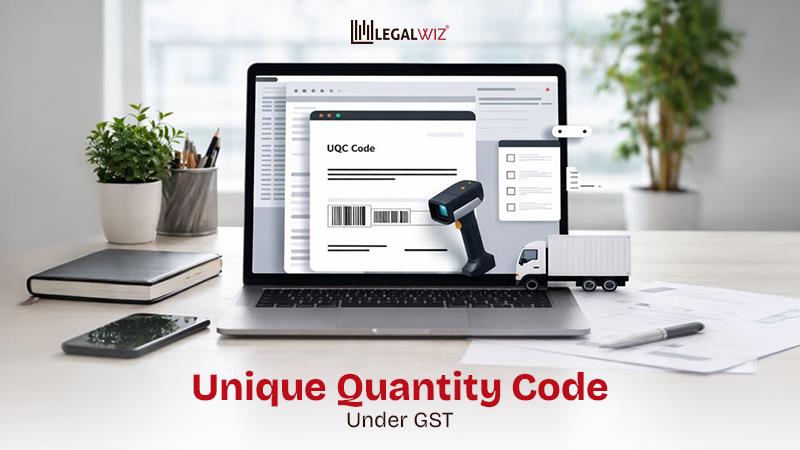
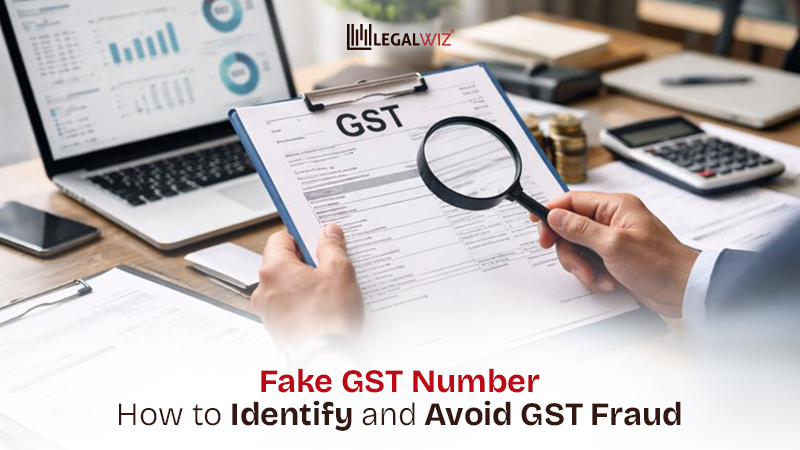

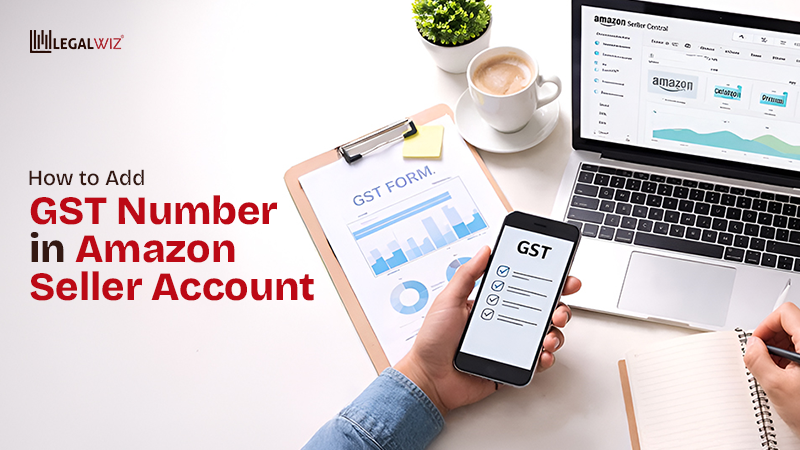


Excellent read, I just passed this onto a friend who was doing some research on that. And he just bought me lunch since I found it for him smile So let me rephrase that: Thanks for lunch!
It’s a great blog, I really liked it and will love to read your upcoming blogs.
Thank you.